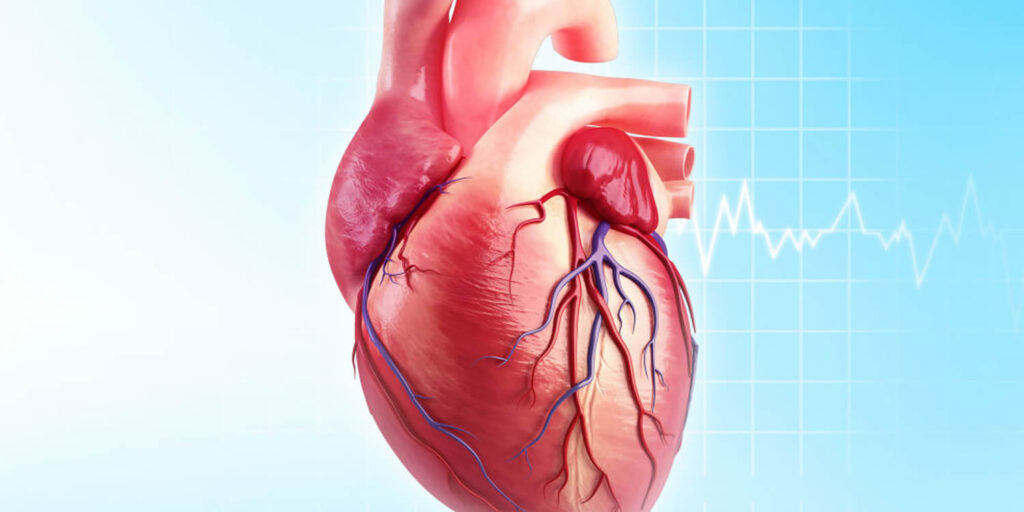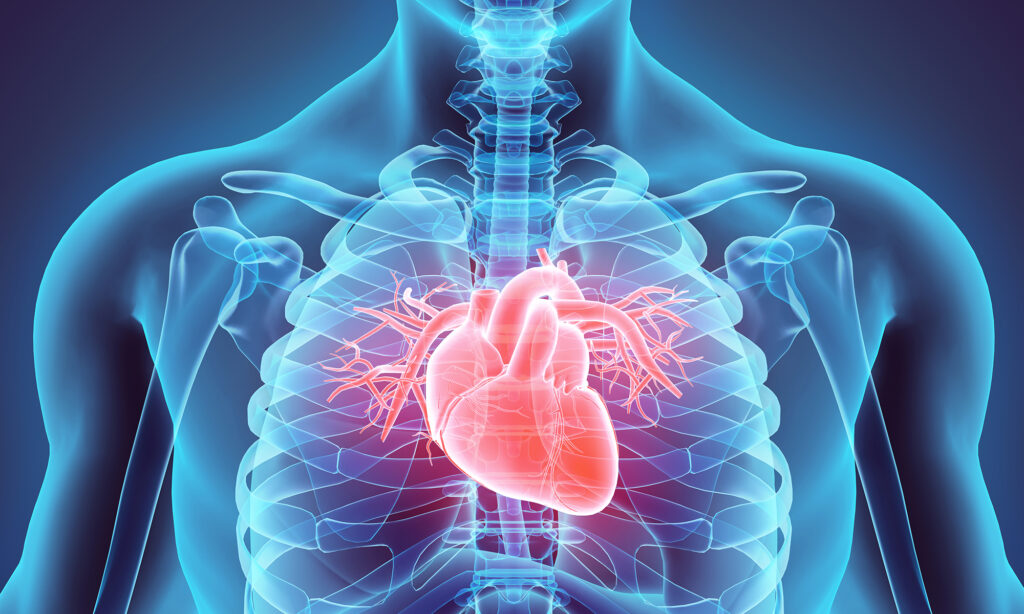When dealing with heart disease there are a number of ways that you can go about treatment. One way is through the use of a cardiac catheterisation and coronary angiography, while another is through the application of anticoagulants, ACE inhibitors and beta-blockers. You can also try diet changes and diuretics.
Diuretics
Diuretics are the mainstay of treatment for heart failure. They decrease the amount of fluid in the blood and relieve congestion in the lungs. But they also cause side effects such as dizziness, fatigue, and nausea.
When heart failure occurs, the kidneys cannot efficiently excrete sodium and water. A diuretic can help the kidneys get rid of the excess fluid. It can also increase the urine output.

There are many types of diuretics, each with their own biochemical effects and safety profile. Some, like furosemide, can worsen renal function.
Anticoagulants
Anticoagulants are a class of medications that act to prevent blood clots from forming. These clots can lead to strokes or heart attacks.
Anticoagulants are generally prescribed to people who have certain risk factors for clot formation. They may be given by injection or IV drip. While they may decrease your risk of a clot, they can also cause side effects.
One of the most common side effects of anticoagulants is swelling of the mouth. This can also result in bruising. However, the benefits of the medication usually outweigh the side effects. If you are having any concerns about the effects of your medication, ask your doctor.
Beta-blockers
Beta-blockers are a group of medications that are used to treat various cardiovascular diseases. They are generally prescribed to patients with angina pectoris, high blood pressure, heart attacks, and coronary artery disease. However, they can be used in other conditions as well. For example, they may be used in the treatment of asthma.
B-blockers are also used to treat other disorders related to the nervous system. Aside from their cardiovascular effects, they can also be used for migraines.

Angioplasty
If you have heart disease, angioplasty may be the right treatment for you. This procedure helps improve the symptoms of heart failure and ischemia. It also reduces the risk of a heart attack.
The goal of angioplasty is to restore blood flow to the heart. This is done by opening a narrowed artery. A small balloon is inflated to press against the plaque, making more room for the blood to move.
Cardiac catheterization and coronary angiography
Cardiac catheterization is a procedure that uses catheters and X-ray machines to examine a patient’s heart and blood vessels. The results can be used to diagnose problems, treat a variety of conditions, and even plan a heart transplant.
The procedure is often done to investigate symptoms of a heart attack, chest pain, or irregular heartbeat. It can also help your doctor find out if your heart is enlarged or if you need a new valve. During the procedure, the cardiologist will insert a tiny tube through your artery.
ACE inhibitors
In addition to their well-known antihypertensive effects, angiotensin-converting enzyme inhibitors (ACEIs) are also proven to help reduce the risk of coronary artery disease and heart failure. The present study aims to evaluate the clinical effectiveness of ACEIs on all-cause mortality, heart-related events, and stroke.
ACEIs are known to lower blood pressure, improve renal function, and decrease the risk of diabetes. Their use has been shown to increase the overall life expectancy by one to two years. However, the overall effect is dose-dependent.
PCIs
PCI or percutaneous coronary intervention is the stuff of dreams for many a heart patient. The aforementioned acronym comes with the requisite risks and rewards. To cut a long story short, the aforementioned acronym is the best way to go about your cardiovascular health. As a result, you might find yourself in the waiting room of the local hospital for the better part of a day. You may even end up in the hospital wards for an extended stint. A visit to the aforementioned wards is not for the faint of heart, in fact.
Cardiopulmonary resuscitation (CPR)
Cardiopulmonary resuscitation (CPR) is a simple method that can help save someone who has been suffering from a heart attack. It involves the use of chest compressions and rescue breathing.
Chest compressions are used to keep blood flowing to the vital organs until a regular heartbeat resumes. When CPR is performed quickly, it can increase the victim’s chance of survival.
The American Heart Association (AHA) has produced guidelines on how to perform CPR on people who are experiencing a sudden cardiac arrest. These recommendations are updated every five years.

Dietary changes
When it comes to diet and heart health, there is more to it than just the heart attack headlines. There are numerous factors affecting your heart’s well being, but a number of keystones stand out. For example, your physician can be a big part of the equation. By following their guidance, you can make smarter, healthier decisions that will last a lifetime.
In addition to your physician’s ear, the best way to avert a cardiac incident is to take a proactive role in your own well being. For example, consider reducing your weight, avoiding alcohol or smoking and incorporating a regular exercise regimen into your daily routine.

